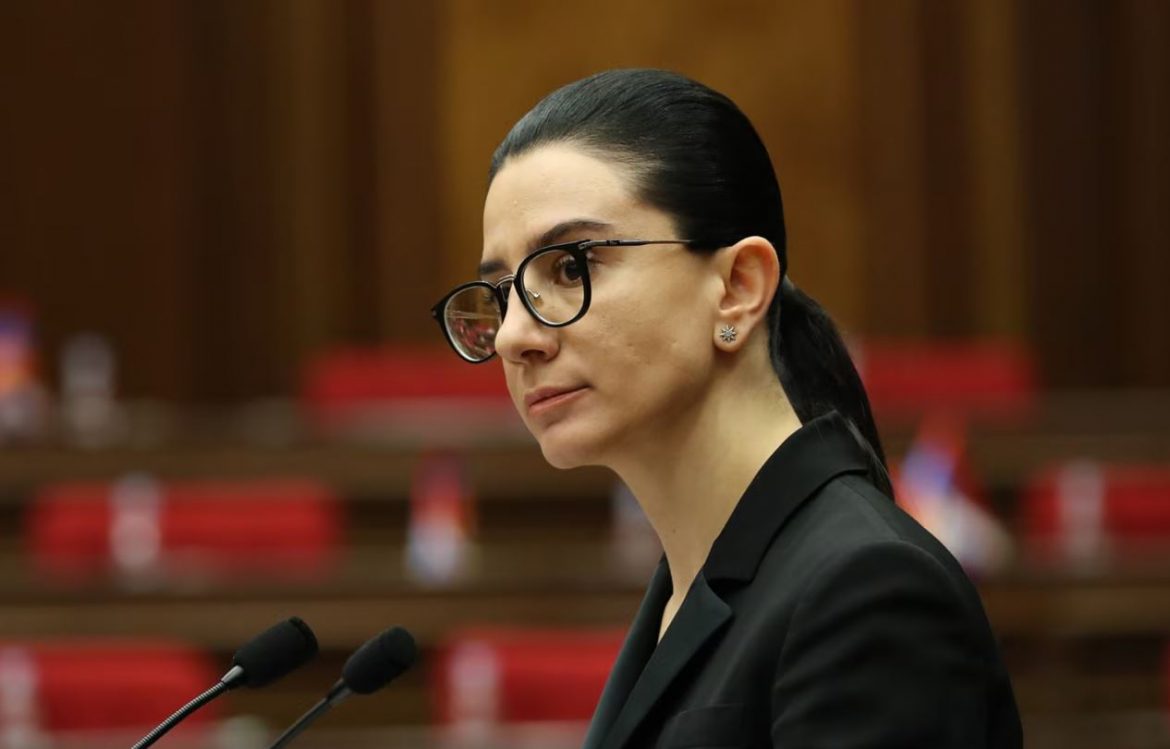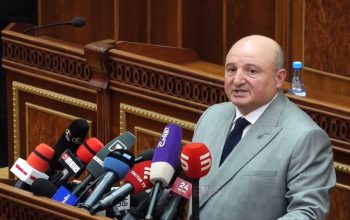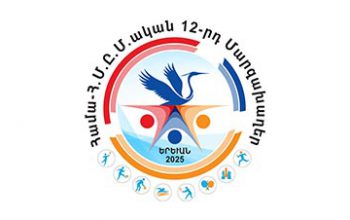Law enforcement officials have notably refrained from confirming whether they are probing Prime Minister Nikol Pashinyan’s allegations that foreign intelligence operatives are involved in the ongoing antigovernment protests in Armenia.
Despite these claims, no one has faced criminal charges related to this issue. On May 7, Pashinyan, citing undisclosed “operational data,” suggested that the protests, which arose from his territorial concessions to Azerbaijan, are supported by exiled Armenian criminals and foreign intelligence agents. “We know about networks of agents active in Armenia,” he stated at a news conference.
When pressed for evidence, Pashinyan admitted, “There are cases where we know that a particular person is an agent, but there is a threshold of [compelling] evidence and a threshold of belief,” without providing further details.
In response to inquiries from RFE/RL’s Armenian Service on May 8, the Office of the Prosecutor-General did not clarify if any criminal investigations have commenced based on Pashinyan’s claims. Instead, they stated that law enforcement agencies are examining numerous suspected “cases of crimes against constitutional order and state security,” without specifying if these involve foreign intelligence collaboration.
On May 7, Pashinyan accused former National Security Service (NSS) Director Artur Vanetsian of collaborating with foreign intelligence. He alleged that a foreign nation, presumably Russia, wiretapped and partly released a sensitive phone call involving Vanetsian in 2018, subsequently using the recording to influence him. Vanetsian, who exited active politics in 2022, dismissed the claim.
The Investigative Committee halted a formal inquiry into the wiretapping incident in 2021 due to insufficient evidence and confirmed last week that the case remains closed.
Pashinyan’s political supporters frequently label opposition leaders and critics as a “fifth column” working for foreign powers, particularly Russia. Archbishop Bagrat Galstanian, a leading figure in the protests against Pashinyan’s land concessions to Azerbaijan, has also been accused of being a Russian spy.
Prosecutor-General Anna Vardapetian, speaking earlier in May, categorized these allegations as mere “political statements” that do not justify criminal investigations.




